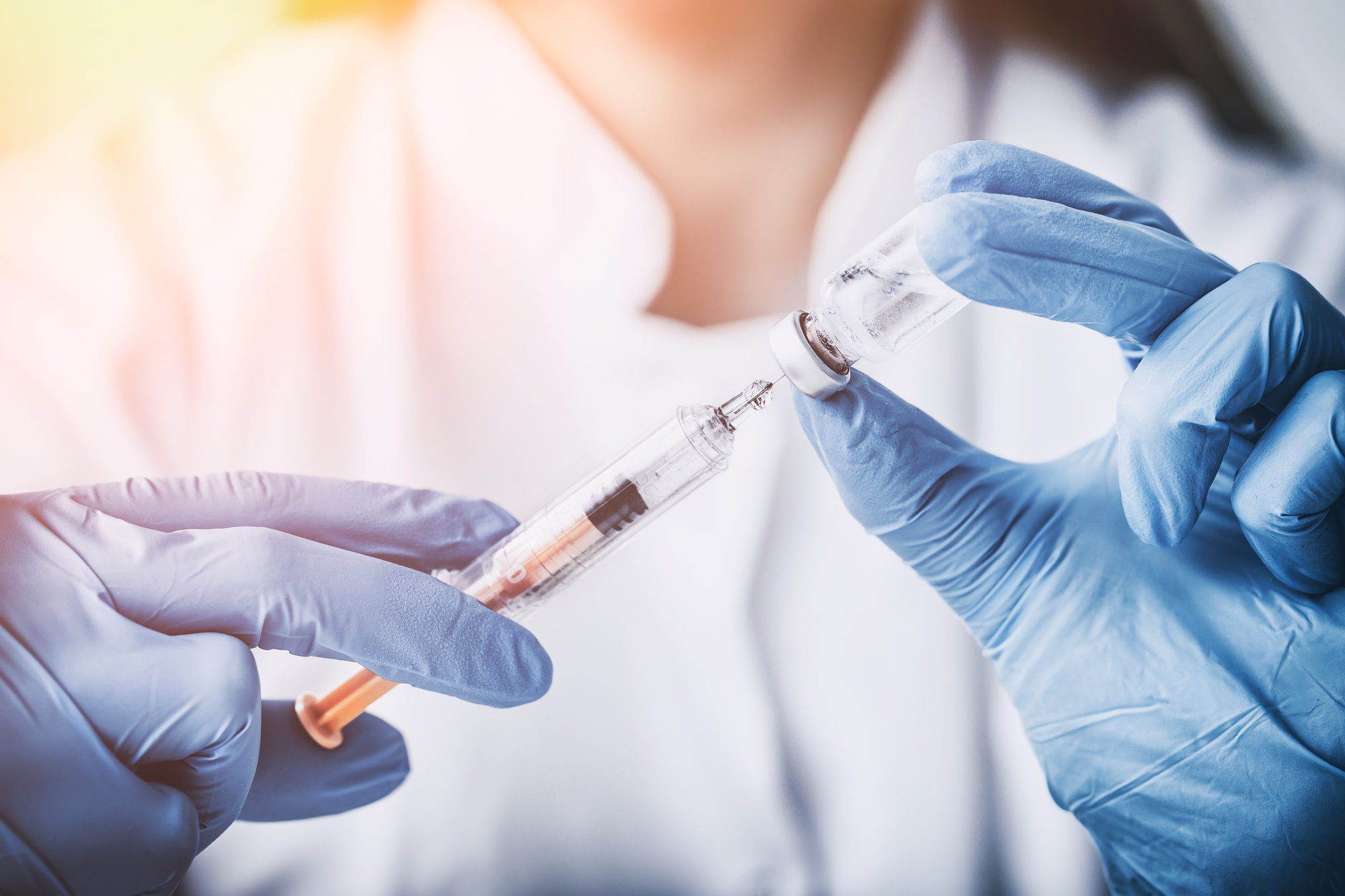
Have you ever heard of bacteriostatic water for injections? If not, there’s nothing to be embarrassed about.
This common product with a complicated name is most often used to dilute powerful drugs before injecting them. And, even though it sounds scary – it’s actually quite safe!
That said, like most drugs, using bacteriostatic water can come with a few mild side effects. Read on to learn what to look out for while using it and avoid any major medical surprises.
Table of Contents
What Is Bacteriostatic Water?
Simply put, bacteriostatic water for injection purposes is sterile water that has been treated with 0.9% benzyl alcohol or a similar antimicrobial agent.
This liquid helps to dissolve medications and prevents the growth of bacteria in the vials where it is stored – even when they are entered multiple times.
Bacteriostatic water can be used for steroids, hormones, and other medications like HCG mixing solvents in intravenous, intramuscular, or subcutaneous injections. However, it can cause complications during pregnancy. So, it is not commonly prescribed to women who are pregnant or used in neonatal care.
Common Side Effects
The most notable side effect documented by users of bacteriostatic water is pain or tenderness and swelling around the injection site. Sometimes this is accompanied by redness and warmth.
While drug interactions are extremely rare, there are some supplements and medications that are incompatible. So, it’s essential to speak with your doctor before use.
It is also important to note that this medication should always be used for dilution. Injecting 100% bacteriostatic water can make you sick, causing a condition called lysis.
Rare Side Effects
Though it is uncommon, some people do experience rare side effects after injecting bacteriostatic water. These may include:
- hives and skin irritation
- wheezing or difficulty breathing
- fever
- swelling in the face, lips, tongue, or throat
- infection at or around the injection site
- pain, warmth, and swelling in the leg or groin
In most cases, these strong side effects are related to contamination within your bacteriostatic water’s vial or the drug that is being dissolved. Other, more serious complications may include the formation of abscesses, blood clots, inflamed veins, tissue death, and infections.
If you believe that you are experiencing any of these, it is essential to notify your doctor immediately. You should discontinue your course of injections until advised that it is safe to carry on.
Safely Use Bacteriostatic Water for Injections
While using bacteriostatic water for injections is common practice and nearly 100% safe, it is essential to keep these rare and mild side effects in mind.
Always follow your doctor’s instructions for use, and contact them with any questions that you may have. You should also source bacteriostatic water for sale from safe retailers and avoid bargain shopping and unreliable online shops. Always follow your doctor’s instructions for use, and contact them with any questions that you may have. You should also source bacteriostatic water for sale from safe retailers and avoid bargain shopping and unreliable online shops.
Proper dilution is also essential, and you should use a clean needle each and every time to avoid contaminating your vial.
If you found this article informative, stick around and explore our homepage We’ve got tons of essential tips and advice on home, health, wellness, and more!